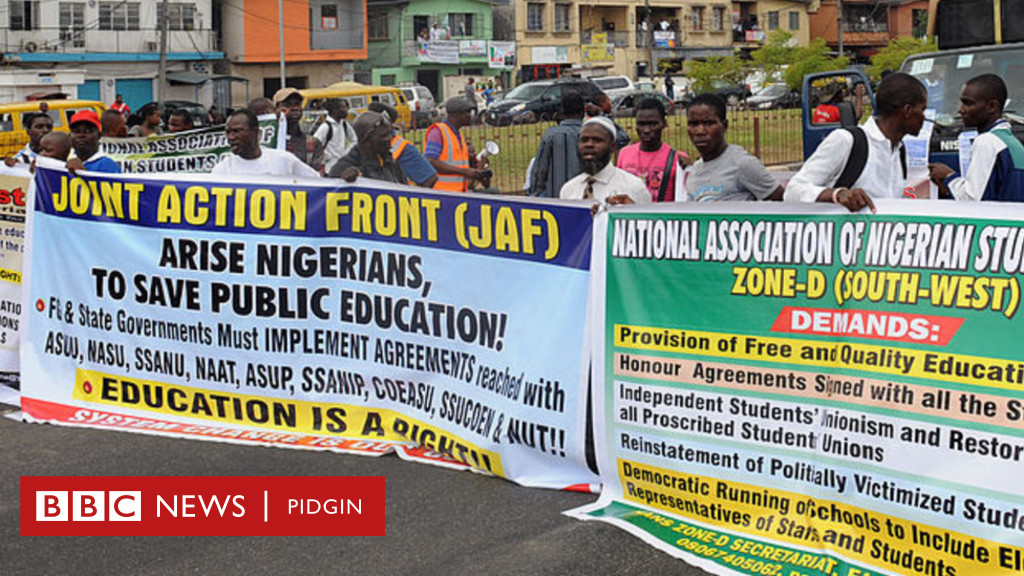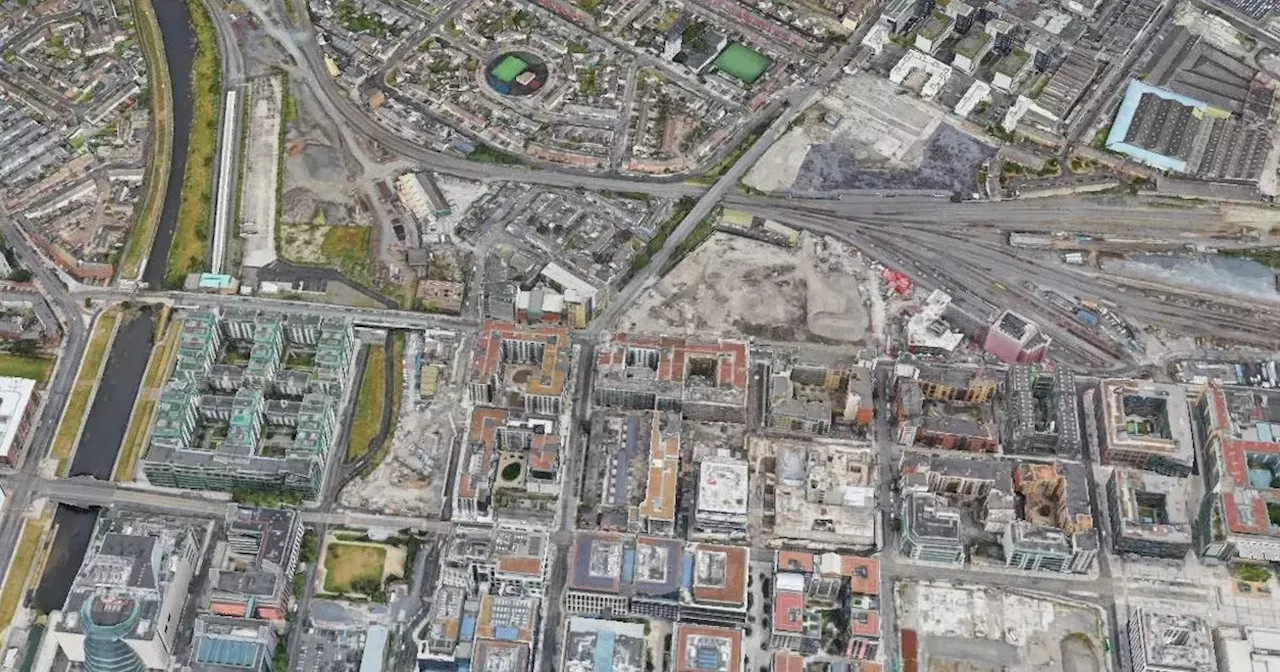The Academic Staff Union of Universities (ASUU) has issued a 21-day strike notice to the federal government, signaling its intention to commence a nationwide strike if unresolved issues are not addressed. This development follows a meeting of the National Executive Council (NEC) held at the University of Ibadan.
An ASUU official explained, “It is not an ultimatum but a strike notice. We are giving them 21 days’ notice, after which we shall embark on strike.
“Our aim for putting out the notice is that it is a requirement under labour laws so we are trying to ensure that all our actions are done according to the law.”
The notice comes in response to the government’s failure to implement agreements previously reached with the union.
On June 26, 2024, the Minister of Education, Prof. Tahir Mamman, had convened a meeting with ASUU to address the ongoing issues affecting universities and to prevent a strike.
However, according to ASUU President Prof. Emmanuel Osodeke, the agreements made have not been implemented.
Osodeke noted, “The agreements reached with the Federal Government had not been implemented.
“We agreed that after two weeks, we will meet to see the progress the government has made.
“We will also see what we will do next if the government fails to implement the agreements reached.”
Additionally, ASUU is calling for the release of the revitalisation fund, which was agreed to be N200 billion annually for five years based on the Needs Assessment Report.
Osodeke also criticized the proliferation of universities without adequate funding, stating, “The government has yet to stop the proliferation of universities, adding that many new universities are being approved without funds to run them.”
The Potential Impact of the Strike
If ASUU carries out its threat and embarks on a nationwide strike, it will have a significant impact on the academic calendar of Nigerian universities. The last strike, which lasted for eight months, left the academic calendar in disarray, with students and lecturers alike facing uncertainty and disruption.
The potential for another prolonged strike will exacerbate the existing challenges in the education sector. Students will face delays in completing their studies, and institutions will experience further setbacks in their academic programmes.
ASUU’s Demands and the Government’s Response
ASUU’s demands are not new. The union has been advocating for the implementation of the 2009 re-negotiated agreements for several years. These agreements address key issues such as funding, salary structures, and the welfare of university staff.
The government’s response to ASUU’s demands has been inconsistent. While there have been efforts to address some of the issues, such as the appointment of the Professor Mamman as the Minister of Education, the pace of implementation has been slow, leading to frustration among ASUU members.
The Need for a Sustainable Solution
The ongoing impasse between ASUU and the federal government highlights the urgent need for a sustainable solution to the challenges facing higher education in Nigeria. The government must commit to addressing the issues raised by ASUU, including the implementation of the agreements and adequate funding for universities.
ASUU, on its part, should remain committed to dialogue and negotiation with the government, working towards finding solutions that benefit both parties. A protracted strike will only further disrupt the education sector and harm the future of Nigerian students.
A Call for Action
The situation demands decisive action from all stakeholders. The government must demonstrate its commitment to improving higher education by fulfilling its obligations to ASUU and investing in the future of Nigerian universities.
ASUU should continue to engage in constructive dialogue with the government, seeking a resolution that addresses the core issues and ensures the stability of the education sector. The future of Nigerian universities and the aspirations of millions of students depend on finding a lasting solution to this protracted crisis.

















